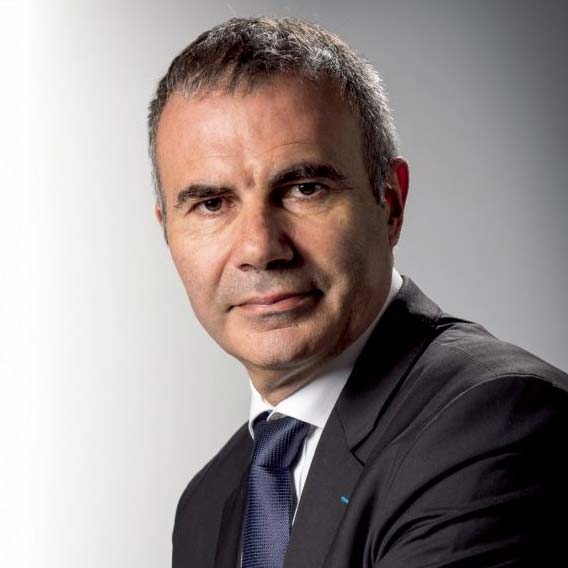What is the outlook for French companies?
For this first episode of season 3 of the Ellisphere podcast, we tried to draw up an outlook for French companies in a context of crisis. Defaults, payment delays, liquidity risk, electronic invoicing... We have come back with our guests on many subjects to give you a global view of the current and future situation of companies.
For this podcast, we had the pleasure of talking with three guests:

Pierre Pelouzet
Company Ombudsman

Frédéric Visnovsky
National Credit Mediator and Vice President of the Observatory of payment terms

Alain Luminel
Head of the Financial Expertise Division at Ellisphere
Listen to our podcast on the outlook for French companies
On the program
What will be the situation for French companies in 2022?
As an introduction to this podcast, we gave an overview of the crisis context in which companies have been immersed for several years. On this occasion, we delivered the latest figures of our failure study, which shows a 35% increase in the number of insolvency proceedings over a 12-month rolling period at the end of September 2022.
We also returned to a key issue for businesses: payment terms. Although the payment time situation has improved in 2022, it has not yet returned to the levels of before the health crisis. Pierre Pelouzet gave us his observation. He also spoke about the DGCCRF's publication of a rather edifying list of 138 companies condemned for non-compliance with payment terms.
What future for French companies?
After having drawn up an overall assessment of the situation of companies, we wanted to project the challenges that await them in the coming years.
First, we wanted to address the issue of corporate liquidity. Indeed, in times of crisis, the sinews of war for a company's finances are its liquidity. On this occasion, Alain Luminel addressed the risk of illiquidity.
Companies facing debt repayment
One of the major issues for companies in the future is the repayment of their EWPs and tax and social security debts. Frédéric Visnovsky gave us his analysis of this thorny issue for many companies.
We also came back with Pierre Pelouzet on the increase of raw material and energy prices for companies. This was an opportunity for the Business Ombudsman to come back to the energy "checklist", a support system set up by the Energy Crisis Committee to help companies in this delicate period.
Concerns remain despite improved payment terms
Finally, we wanted to address the issues surrounding late payments. In an unstable and complicated economic context, payment delays are doing quite well. They have been reduced from 15 to 12 days, according to the latest barometer of the Arc firm dating from the end of September. However, they remain a concern for many business leaders. To illustrate this point, here are some figures:
- For 91% of the companies surveyed, failure to pay on time is a threat to business health.
- The gradual end of the "Whatever it Takes" will lead to an increase in the number of bankruptcy filings by their customers for nearly 3 out of 5 companies.
- 41% of respondents also believe that their customers will not be able to meet their debt repayments (PGE, debts, social, investments, invoices...)
Electronic invoicing: a way to improve payment times
To address these concerns, institutions are banking on the upcoming implementation of electronic invoicing. Indeed, by July 1, 2026, all companies subject to VAT in France will be subject to electronic invoicing. The evolution will be done in stages according to the size of the company. Behind this reform, several objectives: fight against VAT tax fraud, unification of electronic invoicing circuits and optimization of invoicing processes. Pierre Pelouzet gives us his view on the implementation of this legislation for French companies and on its effect on the problems related to payment deadlines.
A look at the role of mediation for companies
In this part, we discuss with Pierre Pelouzet and Frédéric Visnovsky the roles of mediation of companies and credit with companies. While the Covid crisis and the Russian-Ukrainian conflict are handicapping companies, we came back with our guests on the actions carried out by the mediations to facilitate a serene resumption of activity.
The Mediator of Companies, created in 2010, works with companies by contributing to renewing the dialogue between economic actors, but also by developing tools for a more competitive and responsible economy.
For its part, since 2008, the Credit Mediation Service has enabled many companies to overcome their bank's initial refusal and find financing that will allow them to continue and develop their business.
Findings, changes in the number of mediations carried out, future prospects... We have drawn up the challenges of mediation within the economy while studying the evolution of its missions.



